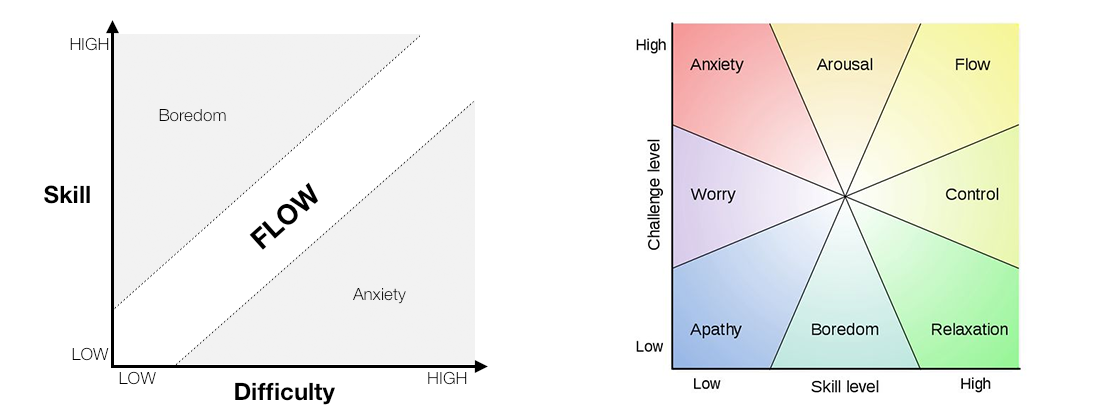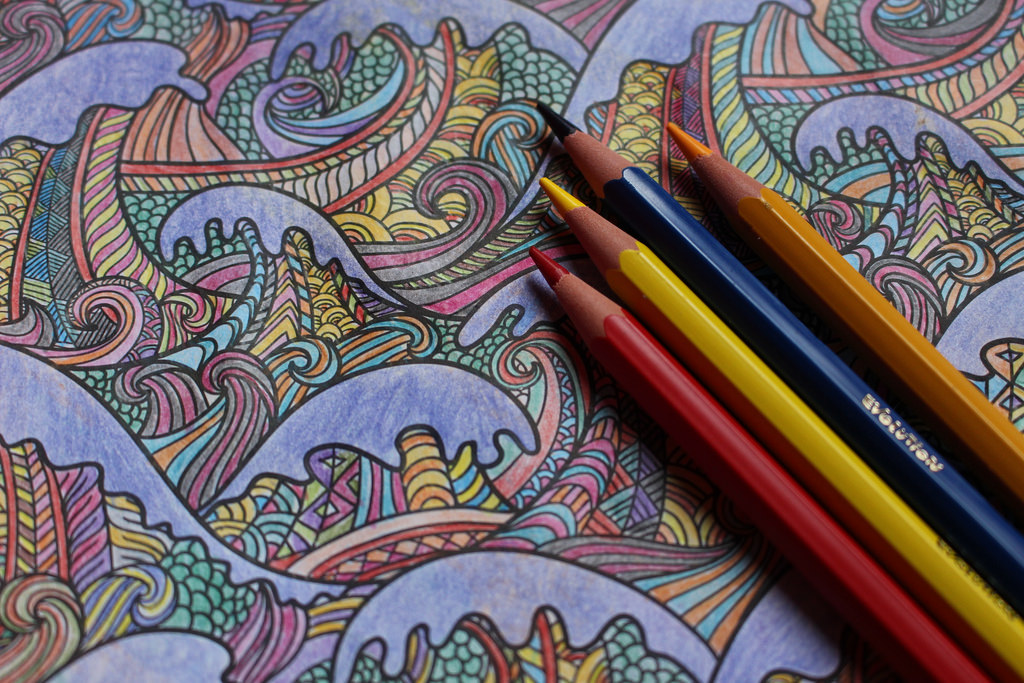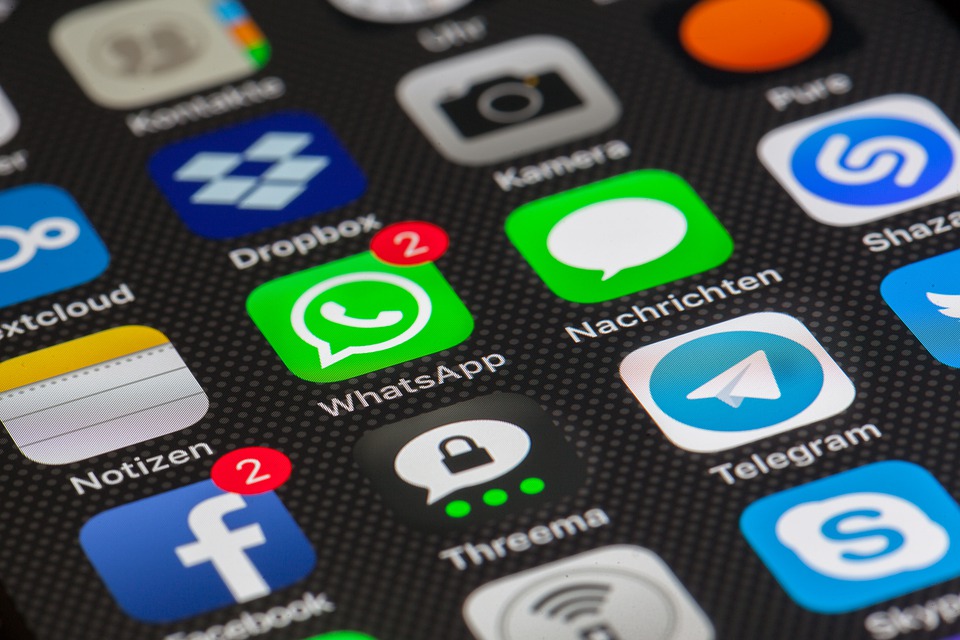
28 Mar What is ‘flow’ and how can you achieve it?
Do you ever enjoy taking part in activities where time seems to fly by? Where you are not really conscious of the real world, and the concerns that inhabit it? If the answer is yes, then it’s likely that you are experiencing what’s been defined by psychologist Mihaly Csikszentmihalyi as ‘flow’.
Almost everyone will experience ‘flow’ at some point during the week, but they may not consciously seek it out. For people who enjoy the challenges presented by their jobs, they may experience it during the working hours. People can also experience it through deep and concentrated conversation – so it can happen in home life and socialising. But perhaps the most common path into flow is through a pleasurable game or activity, such as playing a sport or taking up a craft like painting.
How can flow be achieved?
In its simplest form, flow can be experienced where the level of skill and difficulty of the activity is in equilibrium, and you are on a path of proceeding in a focused manner on the activity.

This dynamic can be explained in the task of attempting to learn a new hard skill – like computer coding. This will probably be presented as a course whereby the learner has to crack easier problems first before they ‘level up’.
But if the difficulty of each presented problem is too high, then the learner will become anxious that they are unable to complete the problem. If they have proceeded well through the course and later challenges prove to easy, they might get bored. However, if the equilibrium between the progressing skill level and difficulty is balanced, then the learner may be able to proceed in a state of flow, where concentration is likely to be highest.

What are the benefits of achieving flow?
Outside of the flow experience, our minds can fill up with useless or irrelevant information, and often these can cause anxiety, even if this may be irrational.
Here is a possible scenario: you’ve had a stressful week at work and when you leave the office, you walk past your manager. You say good evening, but they don’t notice and don’t reply. As you start your journey home, you have anxiety that this could mean that they may be ignoring you due to poor performance.
This sort of anxiety is largely irrelevant. It’s also irrational because the manager probably just didn’t hear your goodbye, and thus didn’t respond. We may, however, dwell on the situation and find it difficult to switch off from work.
A good recourse to this is to experience flow – a steady focus on an activity that makes this small piece of anxiety become more irrelevant.
You go home, and then begin preparing an evening meal for you and your partner to enjoy when they arrive. You have limited time to prepare, so need to concentrate on the cooking. You are relatively skilled and are trying to cook a new recipe which is difficult. It is likely you will achieve flow, and you are able to forget the otherwise nagging problem from work.
Mihaly Csikszentmihalyi explains the outcome of such a scenario as follows: “the clearly structured demands of the activity impose order, and exclude the interference of disorder in consciousness.”
What are the obstacles to achieving flow?
Flow takes a level of undistracted concentration, and it is difficult to enter it if you are multi-tasking. The human mind is quite poor at simultaneously processing more than one source of information at the same time. For instance, we are only able to process around 126 bits of information per second, but human conversation is around 60 bits per second. Thus, we are unable to achieve focus if we experience information overload from multiple sources.
Imagine if you were trying to engage a friend in conversation, but someone kept interrupting. This distraction would prevent you from achieving the flow you might experience in a deep and concentrated conversation.

In a world of near constant information flow and smartphones, we’re likely to get distracted. For instance, you’re cooking for your partner, but then you get a phone notification from your manager at work. They ask you if you can make a meeting early the next morning. You reply positively, but you are distracted from your task and reminded about the anxieties of earlier.
Then there may be a little bit of downtime during the process when you have put various things in the oven or on the hob and are just waiting for them to cook. Just out of habit, you take out your phone and look through various social media apps. This distraction means you fail to notice that the saucepan has boiled over.
In short, it’s becoming increasingly difficult to achieve flow in the digital age because we are bombarded with a myriad of distractions. Because flow can impose order on disordered thoughts, this will possibly lead to greater anxiety.
If you are finding it difficult to concentrate and can’t remember a recent time when you have been focused on an activity for very long, then it’s worth considering a digital detox. Cutting back on phone and social media use may well help you get less distracted, and could help you to achieve flow.




Sorry, the comment form is closed at this time.